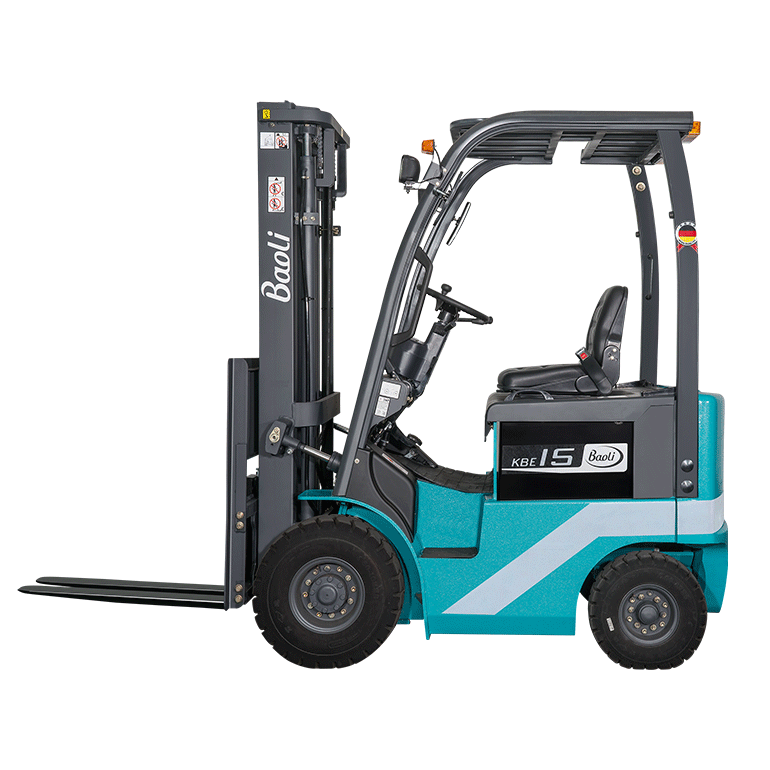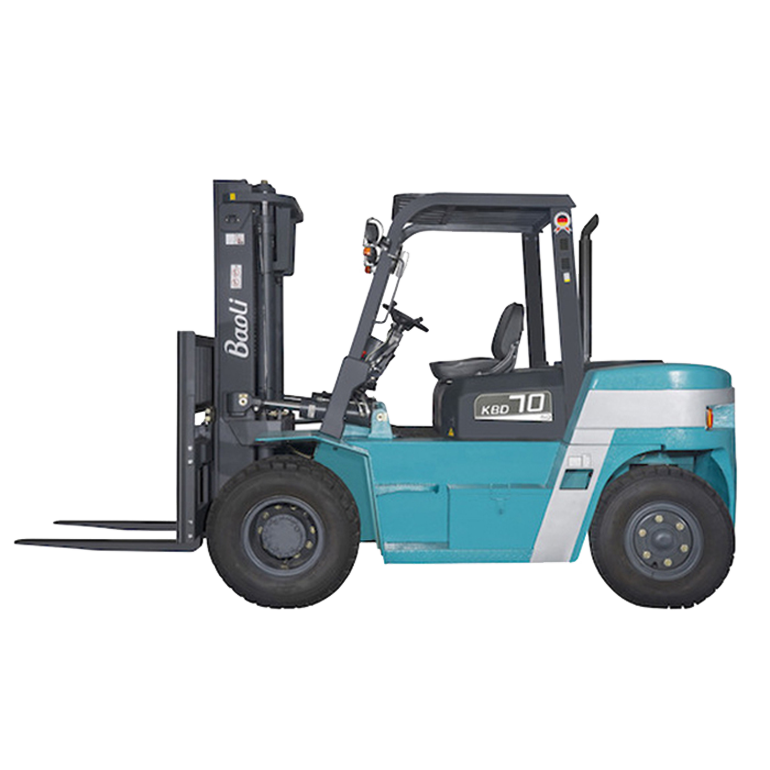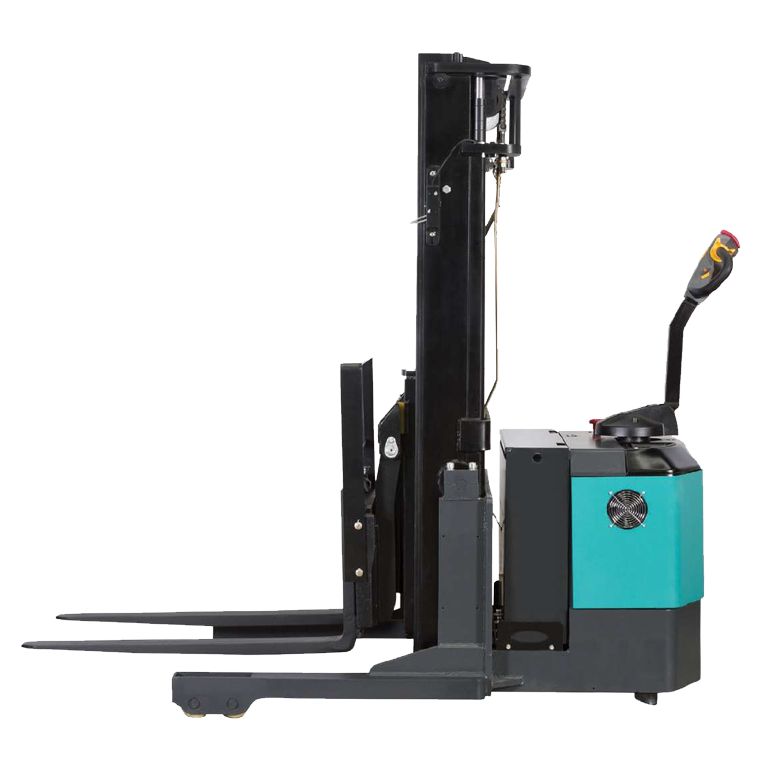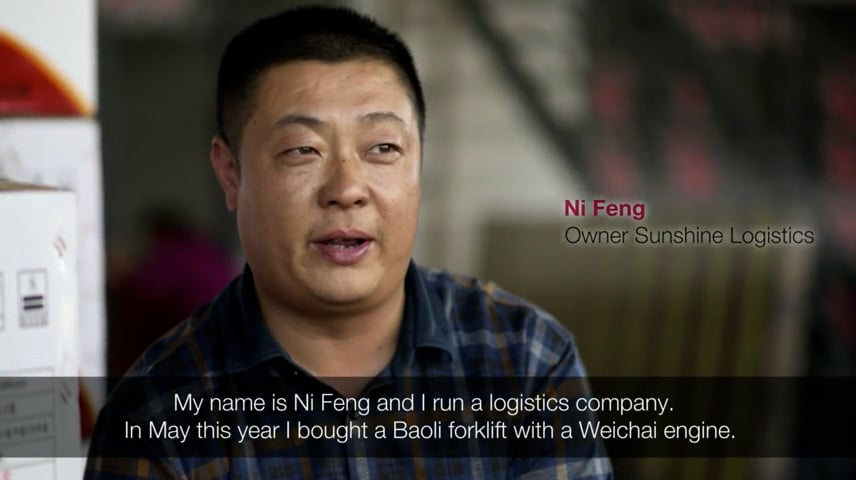LOGISTIC
Baoli trucks are being fitted with engines made by KION’s anchor investor Weichai Power. A prime example of how synergies are being harnessed within the KION Group. Weichai is one of the best-known engine brands in China for trucks and articulated lorries. What many people don’t realise, however, is that the brand now also makes engines for forklift trucks – including for the customers of the KION company Baoli. “We need to precisely explain to our customers the qualities of the Weichai engine,” says Baoli Sales Director, Gu Qiqing. “But when you’re talking to people their interest is soon piqued because of the Weichai brand’s excellent reputation. They trust Weichai to also produce good forklift engines.” In Jingjiang, on the northern banks of the Yangtze river, Baoli has been installing the new Weichai engines in small trucks weighing 2.5 or 3 tonnes since the second half of 2014. Since then, around one in seven Baoli forklifts have been fitted with the new engine.

Weichai Power Co. Ltd. focused on internationalisation at an early stage. The company was the first engine maker in China to be listed on the Hong Kong Stock Exchange. Today Weichai Power is the biggest single shareholder in the KION Group, holding a stake of around 38 per cent. “This makes the collaboration particularly advantageous,” says Gu. “Baoli benefits from the awareness of the Weichai brand and the company’s extensive aftersales network. It never takes long for spare parts to arrive. On the flipside, Baoli has experience in orchestrating a complete production chain for forklift trucks, as nearly all important parts are produced by the KION brand company itself.”

Weichai involved Baoli in development right from the start. For a lorry engine to be used in a forklift truck it first needs to be adapted – and initially Weichai didn’t have the expertise to do this. “Forklift trucks are mainly driven indoors. So they have to be smaller than regular lorries,” says Shi Yuanfu, head of research and development at Baoli. “This means there is less space for the engine, which therefore has to be small and compact.” And because the drivers sit right on top of them, the engines have to be quieter than in lorries and vibrate less. Exhaust emissions also had to be reduced. The latest Weichai forklift engines WP2.7 and WP3.2 meet China’s National Standard 3, which more or less corresponds to the Euro 3 emissions standard. “We also had a number of special requirements,” says Shi. “We expect our forklifts to have a minimum power output. They have to be able to get up ramps, for example.




